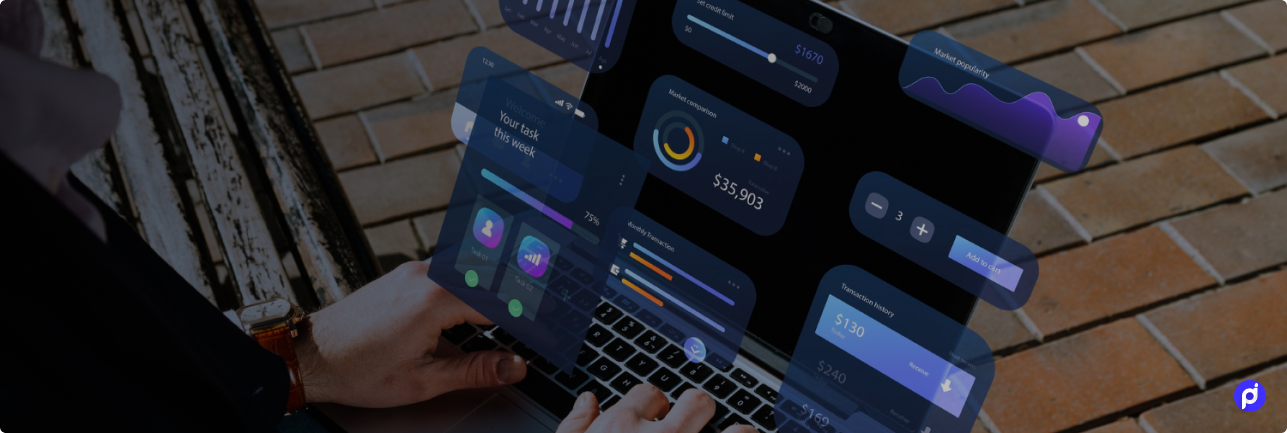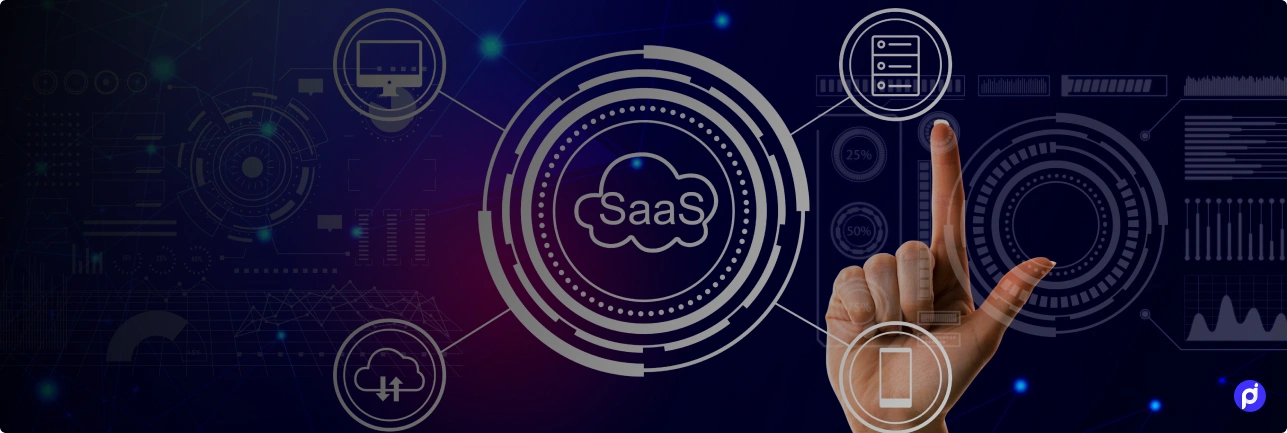Are you a player in the fintech or healthcare industry? Then sit in an attention position and read the blog. Artificial Intelligence and machine learning is a reality today. Handling money or keeping society healthy is possible with automation. Hence, AI/ML Development service providers are the emperors today who can show you the right path.
Automating Fintech with Artificial Intelligence:
Financial services become much more attractive when they have the touch of AI/ML. Below are the ways.
- Fraud Detection and Prevention AI-powered fraud detection systems analyze transactional data in real-time, identifying suspicious activities and mitigating risks. Machine learning models can recognize patterns and anomalies, reducing fraud-related losses.
- Automated Risk Assessment Financial institutions use AI/ML development services to assess creditworthiness and evaluate risks more accurately.
- Algorithmic Trading AI-powered trading platforms use machine learning to analyze market trends and execute trades with precision. These algorithms enhance efficiency, reduce human errors, and maximize profits for investors.
Building a Healthy Society with AI/ML:
AI/ML development service providers have many surprise gifts for the healthcare industry. Especially, patient care, operational efficiency and diagnostics gets enhanced.
- Predictive Analytics for Early Disease Detection Machine learning models analyze medical data, identifying disease patterns and predicting potential health risks. Early diagnosis leads to timely interventions, improving patient outcomes.
- Enhanced Medical Imaging and Diagnostics AI-powered imaging systems assist radiologists in detecting anomalies in X-rays, MRIs, and CT scans. These models improve diagnostic accuracy and speed, reducing the workload on healthcare professionals.
- Healthcare Automation and Virtual Assistants AI chatbots and virtual assistants streamline administrative tasks, appointment scheduling, and patient interactions. This automation enhances hospital efficiency and improves the patient’s experience.
- The Future of AI/ML in Fintech and Healthcare
Businesses investing in AI/ML development services gain a competitive edge, improving efficiency, security, and decision-making processes. From intelligent financial management tools to AI-assisted medical breakthroughs, the possibilities are limitless.
Winding Up
Keeping your business on track is very necessary for fintech and for healthcare. The convergence of AI, ML, and industry-specific applications is shaping the future, fostering smarter, data-driven solutions for fintech and healthcare. You might get to see more surprises from AI/ML Development service providers.
FAQs:
FAQ 1. How does AI help in fraud detection for fintech businesses?
AI-powered fraud detection systems analyze transactional data in real-time, identifying suspicious activities and anomalies. By leveraging machine learning algorithms, financial institutions can proactively detect and mitigate fraud-related risks, reducing potential financial losses.
FAQ 2. What role does AI play in algorithmic trading?
AI-driven trading platforms use machine learning to analyze market trends, execute trades with precision, and minimize human errors. These intelligent algorithms enhance trading efficiency and maximize profits by making data-driven investment decisions.
FAQ 3. How does AI improve early disease detection in healthcare?
Machine learning models analyze large volumes of medical data to identify disease patterns and predict potential health risks. This predictive analytics approach enables early diagnosis, leading to timely interventions and improved patient outcomes.
FAQ 4. What are the benefits of AI-powered medical imaging in healthcare?
AI-powered imaging systems assist radiologists by detecting anomalies in X-rays, MRIs, and CT scans with high accuracy. These technologies speed up diagnosis, improve precision, and reduce the workload of healthcare professionals.
FAQ 5. How can AI chatbots improve patient care in healthcare facilities?
AI chatbots and virtual assistants automate administrative tasks like appointment scheduling, patient interactions, and medical inquiries. This automation enhances hospital efficiency, reduces wait times, and improves the overall patient experience.















